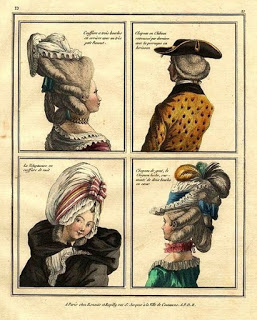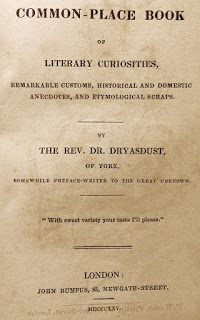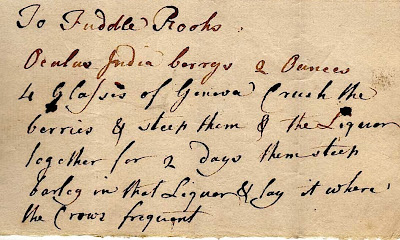 We have posted many portraits of the famous people that L.R. Reeve (1895? – 1980?) had met or seen. Sadly there are no more. He appears to have been a Zelig-like figure, a witness to many important events, an attender of meetings and addresses by the movers and shakers of his day. He was a great connoisseur of oratory and an excellent eyewitness. His writings proclaim his decency and lack of self importance; he was probably a good committee man, certainly a great observer, recorder, and witness. One of Thomas Gray’s Village Hampden…
We have posted many portraits of the famous people that L.R. Reeve (1895? – 1980?) had met or seen. Sadly there are no more. He appears to have been a Zelig-like figure, a witness to many important events, an attender of meetings and addresses by the movers and shakers of his day. He was a great connoisseur of oratory and an excellent eyewitness. His writings proclaim his decency and lack of self importance; he was probably a good committee man, certainly a great observer, recorder, and witness. One of Thomas Gray’s Village Hampden…
His book Among those Present appeared in 1974 published by Stockwell (a vanity publisher- L.R. Reeve probably had to pay for its publication- he had tried earlier to find an agent.) The preliminary notices in the book read:
Educated at Goldsmiths’ College, London, L.R, Reeve very ably recounts his appreciation of, and interesting and revealing anecdotes about, some of the tutors, lecturers and exceptional people
he came to know both during his student days and in the course of his teaching career, many of whose names are now known in almost every household and whose influence him been felt far beyond the boundaries of the U.K.
More than anything else the Second World War made us realize that there are thousands of men and women in our country whose ability is never appreciated until there is a national crisis. Then the real leaders and organizers emerge, and if any example is needed I can give evidence that County Hall, London, was more than a little surprised to find that many teachers, generally unknown, were able to adapt themselves to unforeseen crises; and this applied to members of every profession and occupation.
We know many people in high places are not natural leaders. They need the promptings, research, and the frequent advice of wise people, many of whom proceed through life unknown to anybody apart from relatives, acquaintances and friends. Few have reminded us of unsung heroes better than that remarkably intelligent poet Thomas Gray.
I should like to read more about men and women who are natural leaders. Their acquaintanceship would be a privilege, since their lives have done much to raise the standards of human dignity and happiness, and have left a rich heritage for mankind. Lady Violet Markham has written such an appreciation in Friendship’s Harvest, in which she refers to Dr Thomas Jones, CH., the Haldanes, Mary McArthur, John Buchan, and Robert Morant. Naomi Jacob has written a book in praise of some of her women friends.
My aim is somewhat different. I have tried to present men and women from all classes of society who possess some subtlety of personality which we call leadership, and who can inspire other people to actions unlikely to be undertaken unless prompted. I have known many who had not known me, but most of them I have seen, or heard, and some have sought information, and even advice from me.
With few exceptions my impressions are not intended to be comprehensive. They are simply fleeting glances of some exceptionally interesting, influential, and inspiring men and women, whose lives will never be forgotten by those who knew them.
I am not suggesting my gallery of outstanding people is unusual as I am sure a multitude of adults have lived in a similar environment to mine. I must also emphasize that I have seen and known many fine people whom I have not mentioned, since their distinctive personal qualities have not been sufficiently strong, impressive, or compulsive enough to be publicly included in this type of appreciation.




